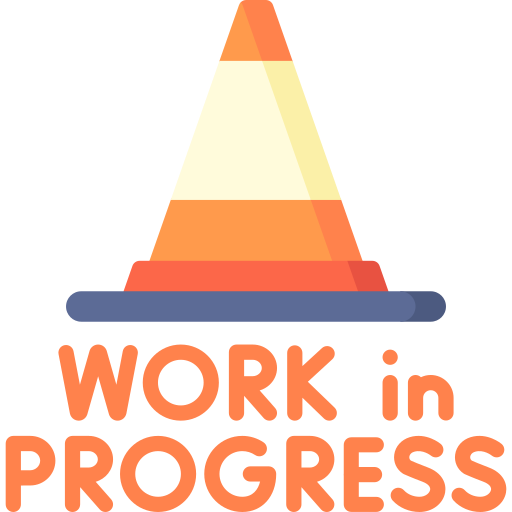
Game studies have increasingly incorporated aspects of practice, from non-normative forms of playing or Let’s Playing to making and re-making games, as modes of knowledge production and outreach. An early attempt at codifying and reflecting upon these practices is the “The Georgia Tech Approach to Game Research and Education” (Bogost et al. 2005) and its “Experimental Game Lab” (66). With the Utrecht Game Lab, we understand game-making as a form of rhetoric, of participating in public discourse through the ‘language of games’, and co-designing existing games and game franchises as a form of ‘response’ to the ideas and ideologies put forth in commercial games.
What We Do
- (Bi)weekly design and playtesting workshops, offline and/or online, to practice the ‘language’ of game design
Work on and playtest projects by students and participating lecturers
Focus on analogue games but depends on interest, e.g. modding, Twine, tools like Bitly - Contribute design expertise to ongoing research projects (Horizon, Comenius, USO)
- Advise and collaborate on projects of our partners
Wageningen Game Lab, Manchester Game Centre, Cologne Game Lab - Organize digital and analogue play sessions
Both for fun and as a critical, collective practice
Guiding Principles
Our use of game design as part of academic reasoning and communication is informed by the following three core ideas.
Discursive Game
Design
Game design as public discourse and social comment.
- From game-as-text to game design as ongoing discourse
- Games as a medium of multidirectional public commentary
- Co-designing and modding as ‘speaking back’ through games
Games &
Media
Literacy
Learning how games ‘work’ as a medium ‘by design’.
- Develop game literacy, i.e. understanding game aesthetics ‘by doing’
- Includes paratextual practice like streaming or Let’s Playing
Creative
Practices/
Bricolage
Experiment with non-normative forms of play.
- Metagaming practices like in-game photography
- Re-Imagining Analogue and Digital Games as Material
- Playful (re)use of accessible tools and materials

